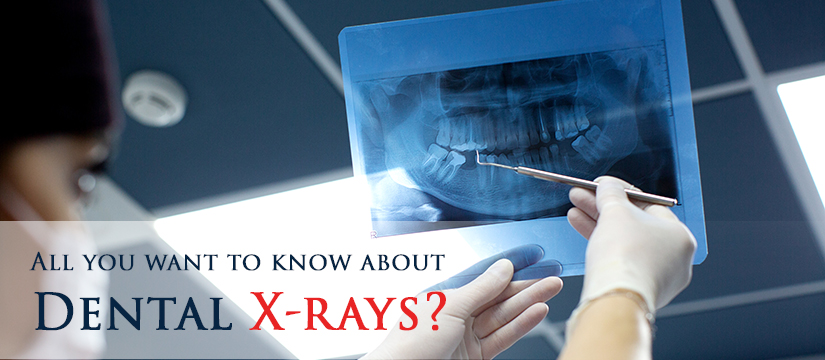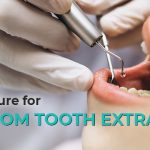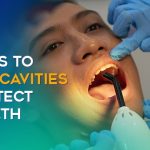Every dentist’s goal is to offer their patients the highest level of care, from routine dental check-ups to detecting issues and providing education for lifetime oral health. A crucial part of any dentistry program is the use of dental x-rays, which allows dentists to diagnose, prevent and treat oral health problems. Although dental x-rays have been in use for decades, numerous people still worry about the long-term effects x-rays can have on their overall health.
One of the major concerns that patients have is whether the risk of radiation from x-rays outweighs the benefits. Whereas x-rays do give off minor amounts of radiation, the long-term effects are very minimal. As a matter of fact, dental x-rays emit so little radiation that they are considered safe for children.
At Carrum Downs Dental Clinic, we always have our patients’ best interests at heart. We would never put you through anything that would cause harm. Dental x-rays are a key part of dentistry practice because they give a complete picture of your dental health, which in turn gives the information that is needed to treat you.
Here is all you want to know about dental x-rays so that you can feel comfortable making decisions for your oral health.
When are Dental X-rays Required?
Dental x-rays may only be needed every 2-3 years; however, your dentist can make a recommendation based on your dental health. Factors that determine whether you need a dental x-ray include your age, oral health history, risk factors for various conditions, stage of oral development, and whether or not you are exhibiting symptoms of your oral health problems. Here are some of the uses of dental x-rays:
- Diagnosis of gum and periodontal disease
- Diagnosis of dental caries
- Diagnosis of tooth vitality or detection of infections
- Adjunct to treatment planning
- Decay under existing fillings and restorations
Types of Dental X-rays
There are several types of dental x-rays that are used regularly within an oral care environment. Depending on your personal needs, the dentist will decide which x-ray will be required to assess your dental problems.
- Intra-Oral X-rays
These are the most commonly used forms of x-rays, and they involve instant exposure chair side.
- Orthopantomogram (OPG)
These are panoramic x-rays that allow a wide view of your mouth. It is considered a great tool for diagnosing gum disease and assessing wisdom teeth.
- Computed Tomography (CT)
CT scans are used to plan for endodontics treatment and dental implant placement.
Bottom Line
At Carrum Downs Dental Clinic, we are committed to your safety, which is why we are always looking to employ safe and effective technologies. Also, it is highly advisable to let the dentist know if you are pregnant before taking any dental x-rays so that they can provide the relevant safety precautions, including a lead apron. If the x-ray is not an emergency, we will most likely postpone it until delivery.
Feel free to contact us today to schedule an appointment and enjoy professional dental practices that care for not only your teeth but also your overall personal health.


